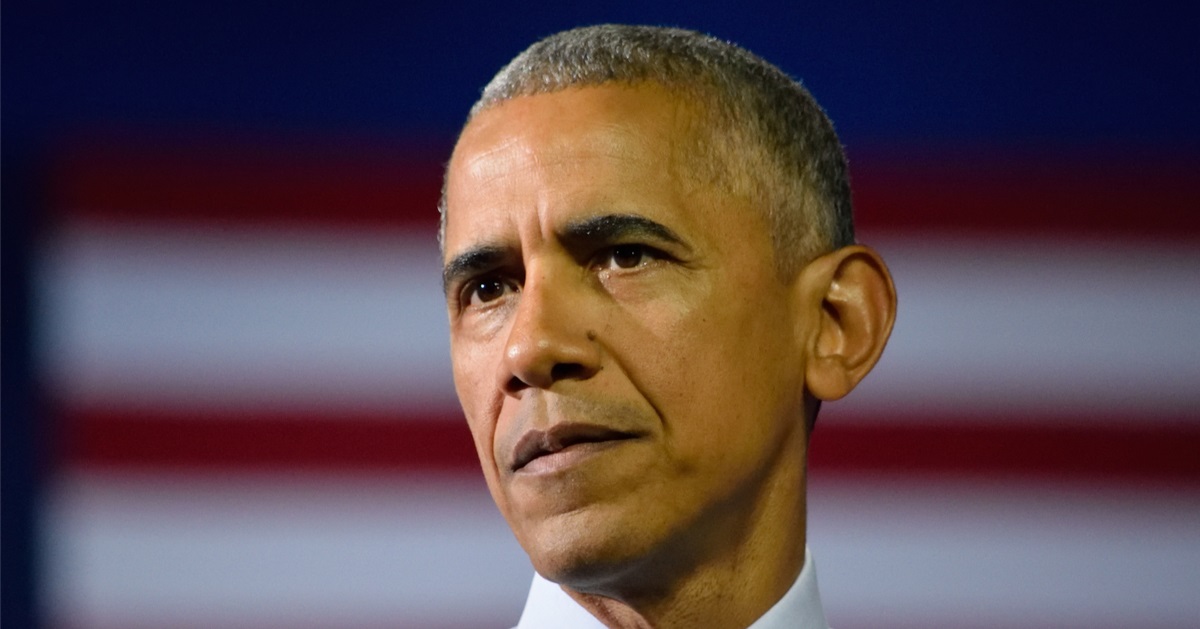U.S. vetoed U.N. Security Council resolution on Gaza ceasefire that didn't link release of hostages with cessation of fighting
President Joe Biden's administration has largely been an abject failure, though it has on a few occasions done the right thing.
One of those moments came on Wednesday when the U.S. vetoed, in a 14-1 vote, a United Nations Security Council resolution that demanded an immediate ceasefire between Israel and Hamas in Gaza, the Associated Press reported.
The reason for that U.S. veto was that the proposed ceasefire wasn't expressly linked to or conditioned upon a similar demand for Hamas to release the hostages it has held for more than a year.
U.S. rejects ceasefire resolution
According to CNN, the Gaza ceasefire resolution that was submitted for a a U.N. Security Council vote on Wednesday insisted upon an "immediate, unconditional and permanent ceasefire to be respected by all parties; and further reiterates its demand for the immediate and unconditional release of all hostages."
All 10 of the Council's nonpermanent members voted in favor of it, as did four of the five permanent members, with the U.S. being the lone exception, which was sufficient to veto passage of the resolution.
Deputy U.S. Ambassador Robert Wood explained after the vote, "We made clear throughout negotiations we could not support an unconditional ceasefire that failed to release the hostages. Because, as this council has previously called for, a durable end to the war must come with the release of the hostages."
"These two urgent goals are inextricably linked. This resolution abandoned that necessity, and for that reason, the United States could not support it," he continued.
Wood referenced the seven U.S. citizens still being held hostage by Hamas and added, "We will not forget them."
Israel lambasts ceasefire proposal as a reward for Hamas
A U.N. press release detailed how the resolution, introduced by Guyana, would have demanded in addition to a ceasefire that Israel provide basic services to Palestinian civilians, including food and other humanitarian assistance, and though it called for Hamas to release its hostages, that seemed to be linked to an exchange of Palestinian prisoners held by Israel, among other provisions that placed an onus on the Jewish nation but not their terrorist opponents.
In arguing against the resolution, Ambassador Wood observed that Hamas has previously rejected "deal after deal after deal" and that, if passed, "this resolution would have sent a dangerous message to Hamas: there is no need to come back to the negotiating table."
Israel's representative to the U.N., though not part of the Security Council, had plenty to say in opposition to the ceasefire resolution that would not provide a path to lasting peace but rather "was a road map to more terror, more suffering, and more bloodshed." The proposal was "an injustice" that would have "validated [Hamas'] strategy of using human shields, targeting civilians, and tormenting hostages in their terror dungeons."
The resolution "would have set a horrifying precedent that terrorism pays" and proven "that violence is met not with condemnation, but with concessions," the Israeli representative said as he noted that Hamas was solely responsible for the continued fighting, and added, "If Hamas were to release the hostages and surrender their weapons, not one more shot would need to be fired; but, until that day comes, Israel will do whatever it takes to protect its people and bring our loved ones home."
Fourth U.S. veto of a U.N. ceasefire resolution
The Times of Israel reported that this was the fourth U.N. Security Council resolution about a Gaza ceasefire that the U.S. has vetoed since the current conflict began last October in response to Hamas' coordinated wave of terror attacks, murders, and kidnappings across southern Israel.
In March, the U.S. abstained from but did not veto a resolution that linked a proposed ceasefire with the release of Hamas and in June voted in favor of a resolution that would roll out a ceasefire in stages, but that proposal has not been agreed to by the parties involved.






